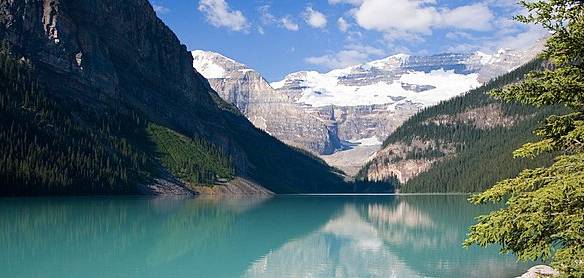
In our article of February 25, 2021 concerning the Mediterranean, we mentioned the scourge of plastic pollution.
An identical phenomenon can be observed in East Africa. It concerns Lake Victoria. It was a British explorer called Speke, the first European to reach the lake, who decided to name it as a tribute to his queen. Lake Victoria is the largest lake in Africa. It covers 68,100 km², making it the second largest freshwater lake in the world behind Lake Superior in the United States. Located in East Africa, in the heart of a densely populated area, it is bordered by Kenya to the northeast, Uganda to the north and northwest and Tanzania to the south, southwest and south. is. It is above all the source of the White Nile, the longest tributary of the Nile, which makes its pollution problem even more sensitive.
Lake Victoria is a source of life around which nearly 40 million people revolve. It is used for a multitude of activities; from car washing, through the toilet, dishes, consumption, but also sewers and spillways for industries. Incidentally, it acts as a trash can in which there are mountains of plastic. This lake is the perfect example of the catastrophic effects of human activities and climate change. Water is severely polluted, the source of multiple diseases and threatens the health and livelihoods of communities.
Faced with this real danger that could irreparably endanger the local ecosystem as well as the geopolitical stability of the entire region, we had to act.
First of all at the highest level. This is how the United Nations launched the environment program: Clean Oceans in 2017. This program brings together the initiatives of governments, businesses and citizens with the aim of eliminating the use of unnecessary and avoidable plastics and promoting circular economy approaches all over the world. The European Union as well as associations and development agencies around the world are supporting this fight. For example, the UK government, through the Foreign, Commonwealth and Development Office, is an official partner of the Flipflopi project. At the COP 26 to be held in Gasgow next November, a carbon-free world will have to be set up as a model. Each nation will face up to its responsibilities to make urgent decisions. The UK is joining forces with East Africa to protect the marine environment by reducing plastic waste.
The main objective of the expedition is education. We must educate local populations by teaching them the right actions. Single-use plastic should not be thrown away thoughtlessly because it can be recycled and become the center of a virtuous circle.
Other more personal initiatives have emerged such as the one that interests us here. A project as unusual as it is useful which is called "Flipflopi". It is a 10 meter long sailboat, one of a kind, made in part from 100% recycled plastics. The story says that it takes its name from the material from which it was made: 30,000 pairs of thongs (hence its name flip-flop in English). Flip-flops collected from the beaches of the Indian Ocean.
Its message is clear: to show that certain materials such as plastic can be an integral part of the circular economy and find another use. Single-use plastics should be banned.
Starting in early March, the Flipflopi will have the task of raising awareness and encouraging communities to adopt circular waste solutions to fight against plastic pollution for three weeks. From Kisumu, Kenya, then Uganda and Tanzania, he will educate local people and explain how to put an end to this ecological disaster. Many specialists and decision-makers are part of the expedition to urge the alternative use of plastic.
The threat posed by plastic pollution extends beyond the limits of Lake Victoria alone. Indeed, its geographical location is a vector of gigantic dangers. The waste found in the lake ends up in the White Nile. One of the branches of the Nile. This is a huge problem, because sooner or later they arrive in the Nile and end up in the sea.
In addition, scientists have noticed that the lake regularly dries up. Here again, human activity is responsible. Increasing amounts of sediment are being dumped into the lake, due to poor farming methods and deforestation by locals for firewood. These irresponsible practices result in a phenomenon called eutrophication. In its definition: "Eutrophication consists of an accumulation of carbonaceous, nitrogenous and / or phosphatic matter in stagnant water , first leading to plant proliferation and then ultimately leading, after the death and degradation of plants, to the deoxygenation of the environment. ". Clearly, the lake is dying of suffocation.
What will happen then for the 40 million inhabitants for whom the lake is a foster mother?
They will strangle themselves as they are strangling him. Unless all the admirable initiatives that are taken and education programs bear fruit. Then the populations will understand that it is necessary to respect nature and they will learn to watch over it through simple responsible daily actions. Everyone's survival is at stake.
Posted on 2021-03-19 18:09








Comments